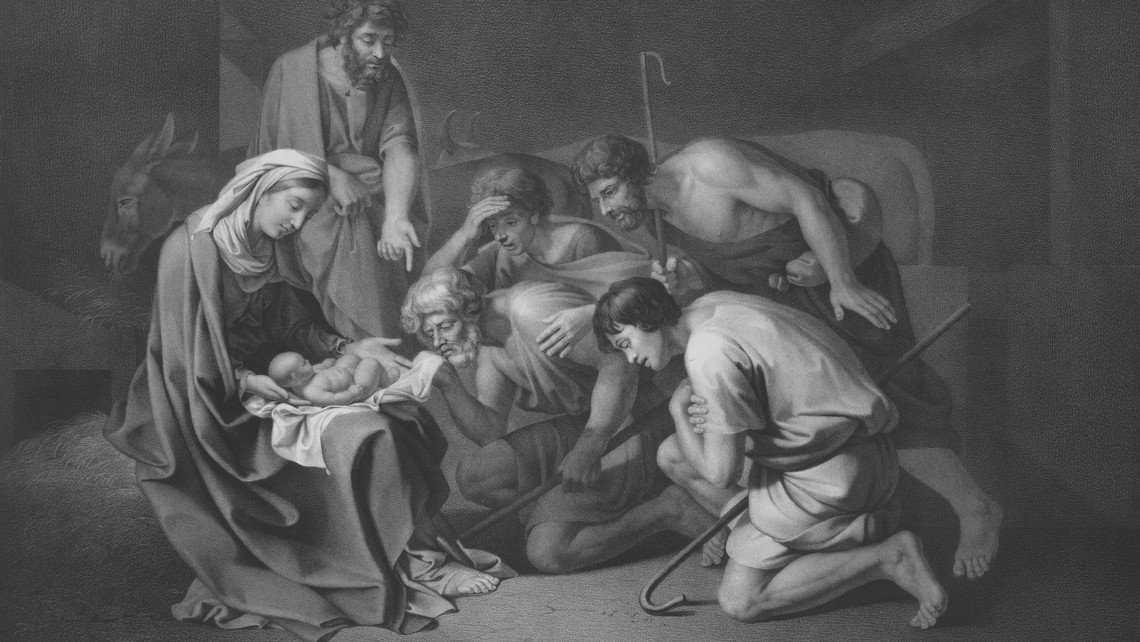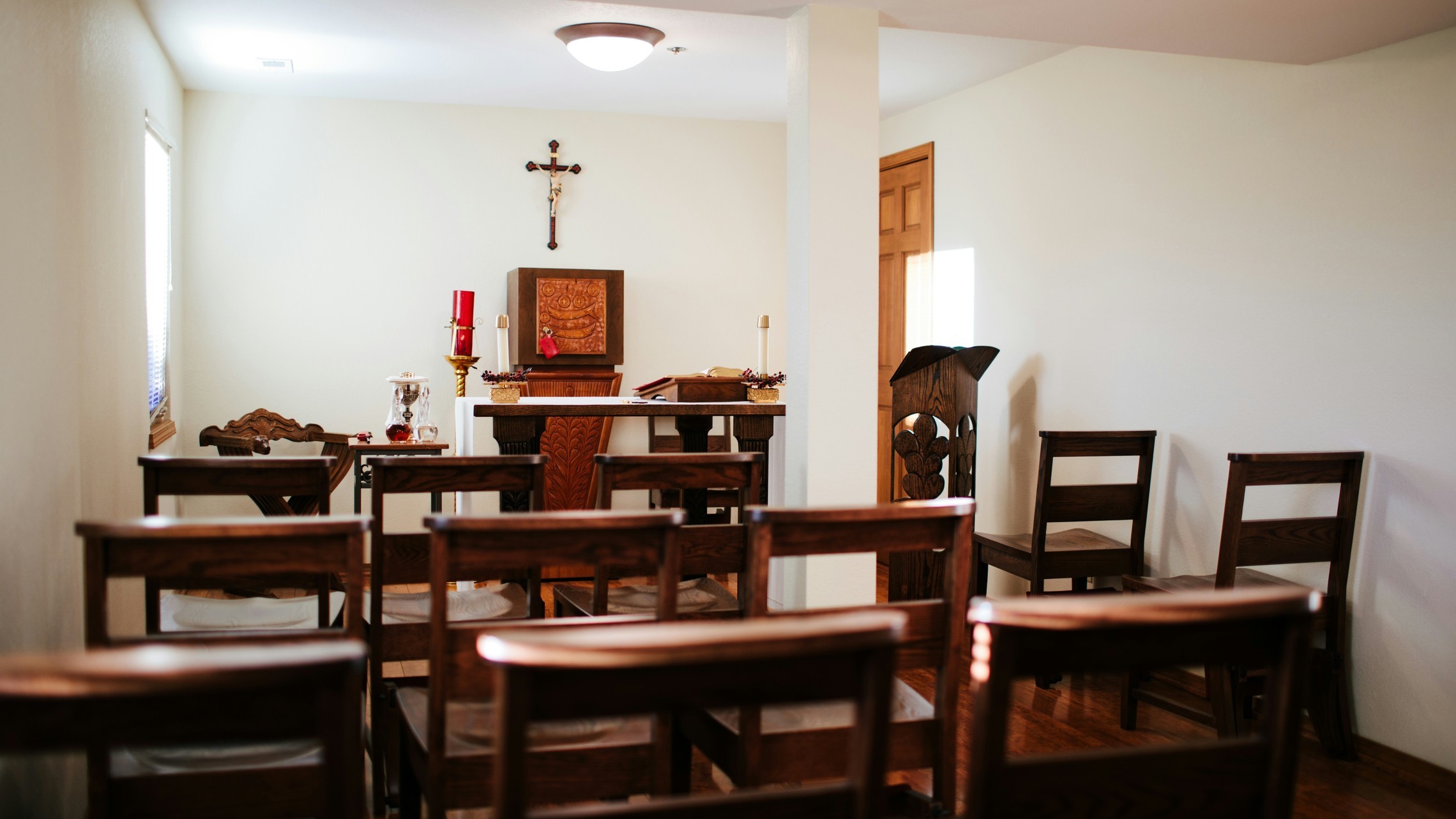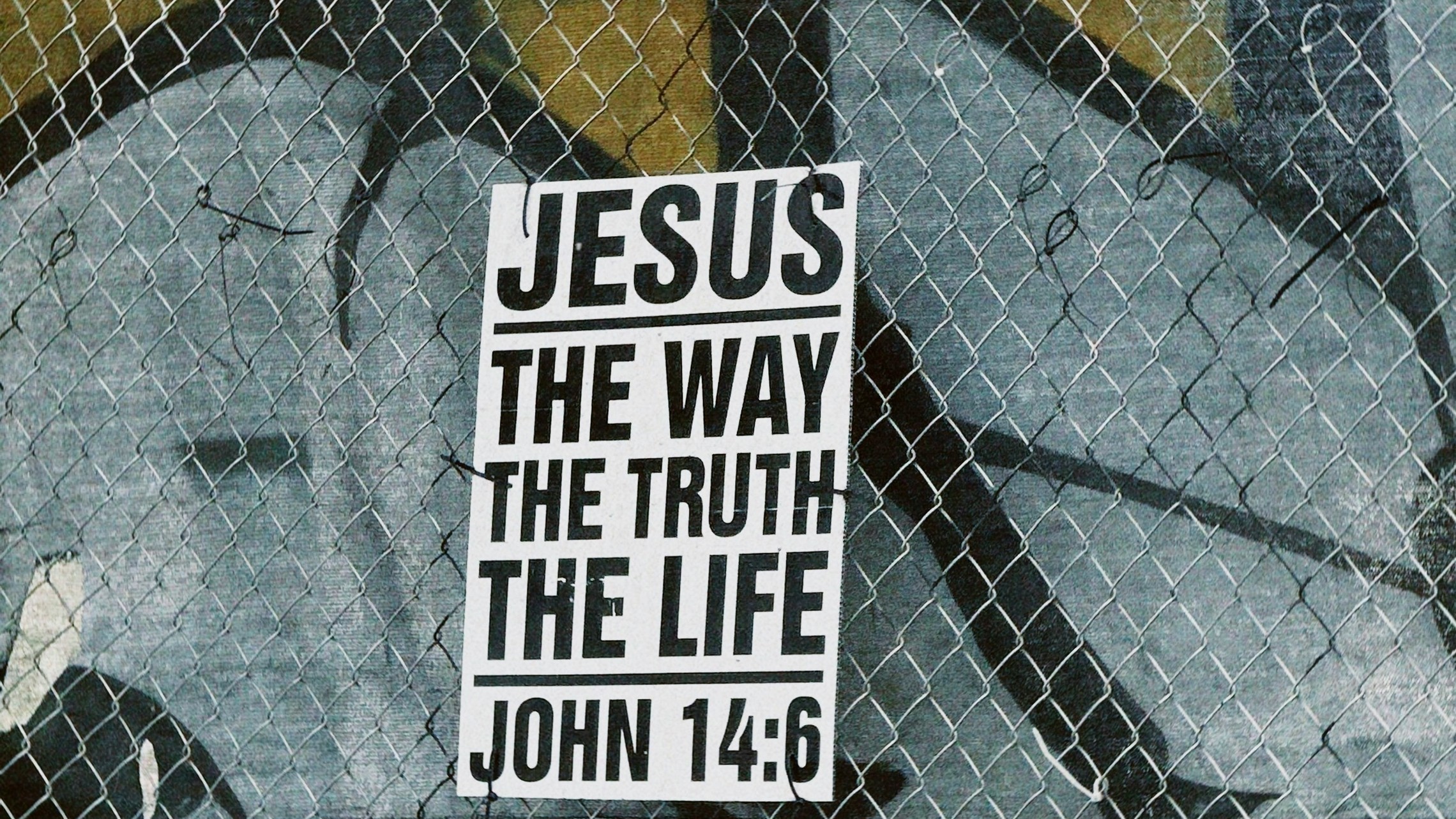
When the first child of any parent is born, there is great expectancy and anticipation that both parents and the entire family experience, as the joy that the first child brings to both parents and the extended family is shared. Specifically, the joy I reference can be described as an act of faith, because after the initial joy of birth, the family rejoices in the gift of this new member. The reality and confirmation of this literal new life made in God’s image and likeness represents the constant and unfailing love of God for us, his children. Because of the perpetual nature of this love, it should surprise no one familiar with the story of the birth of Jesus why He came. The prophet Isaiah, in describing the dialogue between Ahaz and God, provides an initial context of the anticipation of the birth of Christ,
Again, the Lord spoke to Ahaz, “Ask a sign of the Lord your God; let it be deep as Sheol or high as heaven.” But Ahaz said, “I will not ask, and I will not put the Lord to the test.” And he said, “Hear then, O house of David! Is it too little for you to weary men, that you weary my God also? Therefore, the Lord himself will give you a sign. Behold, a virgin shall conceive and bear a son, and shall call his name Immanuel.[1]
The Catechism describes the preparation of the coming of Christ as an event of such immensity that God willed to prepare for it over the centuries. He makes everything converge on Christ.[2] The convergence that the Catechism speaks of reflects all the liturgical actions, rituals, and symbolism instituted by God through Israel and the prophets. The entire complexity of the salvation of man after the fall of Adam and Eve was predicated on the coming of the Son of God. The messianic messages of the prophets culminate with the final prophetic message from Jesus’ own cousin, St. John the Baptist, who declares,
Repent, for the kingdom of heaven is at hand.” For this is he who was spoken of by the prophet Isaiah when he said, “The voice of one crying in the wilderness: Prepare the way of the Lord, make his paths straight.[3]
Throughout the entire messianic anticipation of the birth of the Son of God, there is an important aspect of the coming of the Messiah that we must either not forget or neglect to mention. In his first epistle, St. John reminds us of this important aspect by alluding to the reason why Jesus came was to destroy the works of the devil.[4] With the emphasis of the Advent season focusing on the coming of the Messiah and the salvation of man, it is important to consider a central aspect of the salvific actions of Christ from the moment of his birth to the final moment of his physical death, the destruction of the devil’s work, and thus the deliverance from all evil. The Catechism provides further context to this point,
Victory over the “prince of this world” was won once for all at the Hour when Jesus freely gave himself up to death to give us his life. This is the judgment of this world, and the prince of this world is “cast out.” “He pursued the woman” but had no hold on her: the new Eve, “full of grace” of the Holy Spirit, is preserved from sin and the corruption of death (the Immaculate Conception and the Assumption of the Most Holy Mother of God, Mary, ever virgin). “Then the dragon was angry with the woman, and went off to make war on the rest of her offspring.” Therefore, the Spirit and the Church pray: “Come, Lord Jesus,” since his coming will deliver us from the Evil One.[5]
As Christ brings the Kingdom of God to earth, at the same time, he destroys the devil’s kingdom. Though Advent marks the anticipation of the birth of the Messiah, it should also foster an awareness in our hearts, minds, and intellect to speak well of Christ and not the devil. The Advent of the birth of the Messiah should resonate in our hearts to make a daily examination of conscience, immerse ourselves in the study of the Word of God through Lection Divina, and engage in weekly fasting and abstinence to strengthen our relationship with Christ and be a conduit of light to others.
Advent provides us with the opportunity to not be bound to sin through the sacrament of reconciliation. This is an important reality, I argue, of Advent and the deliverance from evil. The annual liturgical celebration of Advent provides us with an opportunity to prepare for when Christ comes again. Let us keep in mind that when the Last Judgement occurs, and it will occur, Christ will return in all his glory. This means that Christ will pronounce the final judgment, and what will be revealed is the meaning and purpose of the entire salvific nature of Christ for all humanity.
Behold the lamb of God, who takes away the sins of the world.
Jn 1:29






